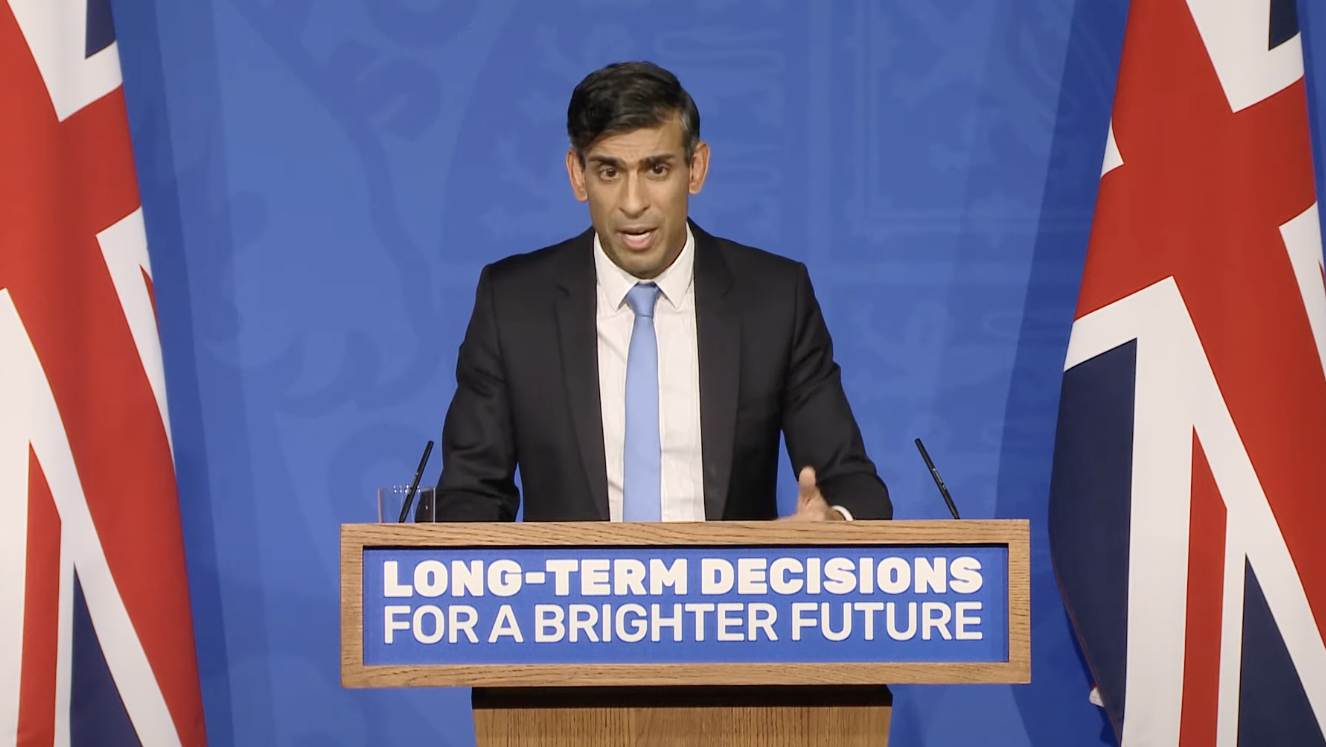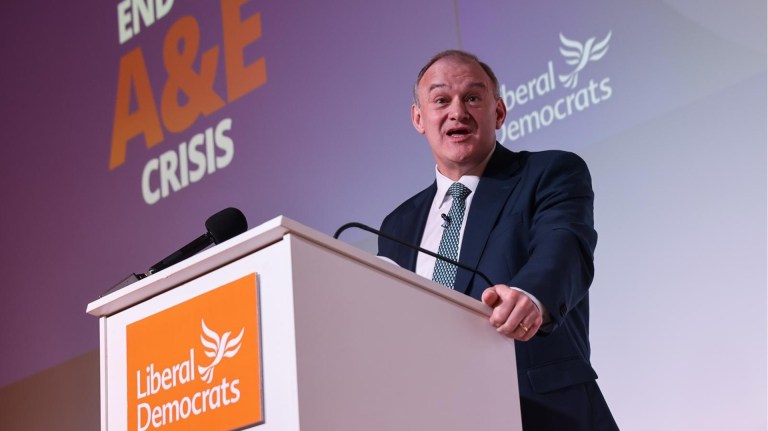But how much could these U-turns come to pinch Rishi Sunak in the posterior?
Along with his moves away from the manifesto which won the Conservatives its thumping (if not arguably ill-gotten) 2019 majority, Sunak also dropped promises on £10 charges for missed NHS appointments and never relaxing the ban on onshore wind, made during his run for the Tory leadership.
Your support changes lives. Find out how you can help us help more people by signing up for a subscription
Add to this the ongoing drama over whether he’ll U-turn on HS2 and Northern Powerhouse Rail, and there’s a growing sense the prime minister might not stand by his promises.
But Sunak is not massively prone to U-turning by historical standards, says Tim Bale, professor of politics at Queen Mary University of London and author of The Conservative Party After Brexit.
“He’s been moderating or mitigating some of the policies that previous prime ministers have gone with. I don’t think you could say that he is necessarily turning on anything that he himself has said,” Bale told the Big Issue.
Advertising helps fund Big Issue’s mission to end poverty
“All prime ministers are accused by their opponents of U-turning, because politics is a messy, uncertain business and sometimes you do have to change your mind, embarrassing as it is.”
Get the latest news and insight into how the Big Issue magazine is made by signing up for the Inside Big Issue newsletter
Often it is the substance of a U-turn which leads to judgement. Undelivered promises – on waiting lists, say – can be harmful. But sometimes a quick three-point political turn can reflect well on a politician.
“People have got pretty effective bullshit detectors,” Bale said. “Leaders are condemned for doing them, but people aren’t stupid.”
“If the policy you promised is obviously outdated, or looks as if it’s going to make things worse – I think people generally think it’s sensible to change your mind,” Bale added.
“If you make a commitment to something people really want and then you can’t deliver on it then it’s a very different matter. We’re all adults, we realise that sometimes we can’t do what we wanted to do because the facts change.”
Advertising helps fund Big Issue’s mission to end poverty
Which is to say, U-turns aren’t necessarily a bad thing. In fact, there are times when U-turns have helped governments. Politicians might float policies that are seen as essentially silly, such when Tony Blair suggested marching ‘hooligans’ to cash points to pay fines. Not doing that, on the whole, is better than doing it, even if you have to U-turn.
Abandoning the poll tax – a policy which led to the end of Margaret Thatcher’s political career – also helped the Conservatives stay in office under John Major.
They can go disastrously for a party, however. Think back to the Lib Dems’ infamous U-turn on tuition fees.
After joining in Cameron’s coalition the voters really turned against them in 2015,” said Paul Webb, professor of politics at the University of Sussex.
“This was largely about a reaction against austerity that many of its former voters displayed, but it was very specifically against the U-turn on student tuition fees. Lots of younger voters hated that.”
Even if individual U-turns can be sensible, leaders should avoid being seen to blow in the wind.
Advertising helps fund Big Issue’s mission to end poverty
“I think there is some danger in politicians and parties gaining a reputation for ‘flip-flopping’, so they have to be careful of overdoing it. On the other hand, the pressures of government and (unexpected) ‘events’ mean that it will always be challenging to live up to every seeming promise made in opposition or in election campaigns,” Webb said.
“This shouldn’t always necessarily be seen as political cynicism or mendaciousness.”
Rishi Sunak does, however, have less space to U-turn than Starmer, thanks to the scrutiny of being in office.
To the surprise of many who voted him in as Labour leader in 2020, if Starmer gets in office he won’t be scrapping private schools’ charitable status, ending the two-child cap on benefits, or scrapping university tuition fees.
Although it’s given him a reputation among close watchers of politics, voters don’t really care, said Bale.
“Oppositions live in a world of words and governments live in a world of deeds, and to be honest not many people are paying that much attention to what the opposition is doing,” Bale said.
Advertising helps fund Big Issue’s mission to end poverty
“Most people don’t give – this is a technical term – a flying fart about what Keir Starmer did or didn’t say to win the labour leadership, all they care about is what he’s actually going to offer them as a potential prime minister in the next election.
“He can flip-flop as much as he likes, really, and it won’t make that much difference, whereas in government the spotlight is on you and people notice much more.”
This ultra-cautious approach carries risks, however, Webb added.
“Plainly, this is the effect of having been out of power for 13 years; his party has lost 4 consecutive elections and he daren’t leave any hostages to fortune.
“There is a risk that he ends up lacking any sense of vision that might inspire voters; I guess he is relying on an ‘anyone but the Tories again’ groundswell of opinion carrying him to victory. And to be fair, his team has developed a significant raft of new policies now.”









